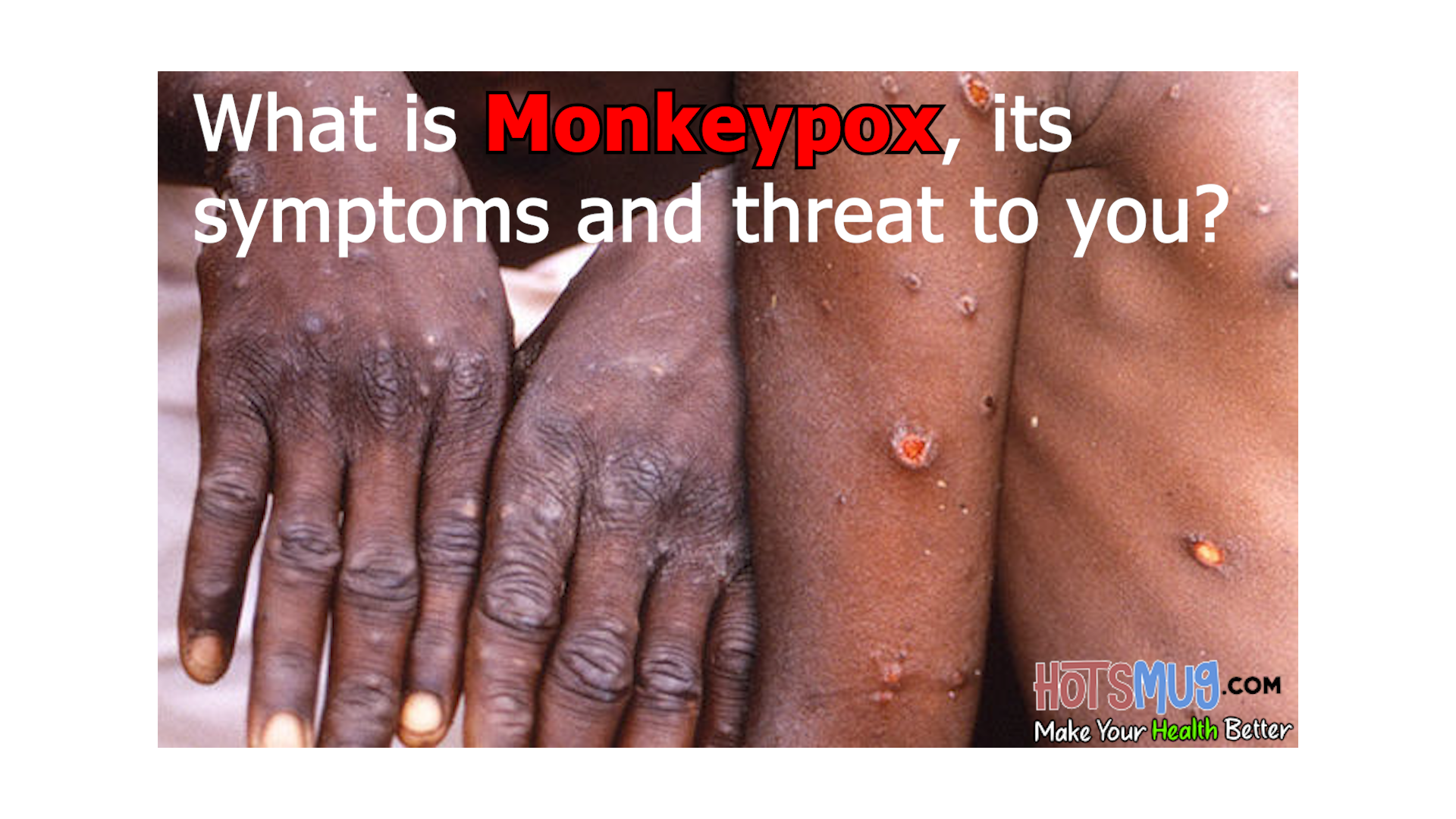Is this virus as contagious as COVID-19? What you need to know.
With monkeypox cases occurring in the U.S. and in western Europe, you might be wondering if this is another virus to worry about.
Let’s look at how this illness spreads and what its symptoms and treatment look like:
What is monkeypox?
Named after the monkeys who first carried the virus, monkeypox was discovered in 1958. It’s a rare viral infection that’s part of the pox virus family, which includes smallpox, and is more common in animals than humans.
“The first time the virus was detected in humans was in 1970,” says Dr. Thiviyanath Sellathurai, family medicine doctor at Geisinger, “but it’s making headlines today because of the current increase in cases in America and western Europe.”
The monkeypox virus is historically more common in western and central Africa. In fact, before recent cases, it only appeared in other countries when someone traveled there from Africa after being infected with the virus.
How common is monkeypox?
Monkeypox is rare. But the number of cases in Africa has been increasing. Smallpox and monkeypox are caused by similar viruses, so when people were vaccinated against smallpox it also protected them from getting monkeypox. Since smallpox is no longer a disease and people are no longer vaccinated against it, they don’t have that protection against monkeypox.
Where else is monkeypox found?
Monkeypox has mostly been seen in the Democratic Republic of the Congo. However, it’s occasionally found in other countries, including the United States. In the spring of 2003, the first outbreak of monkeypox outside of Africa occurred in the United States. A shipment of infected animals from Ghana was imported into Texas. The infected rodents spread the virus to pet prairie dogs, which then infected 47 people in the Midwest. In the summer of 2021, a case of monkeypox was found in a U.S. resident who had traveled from Nigeria to the United States.
Monkeypox symptoms
Between seven and 14 days after exposure to the virus, symptoms develop that resemble the early symptoms of COVID-19.
Symptoms of monkeypox last between two and four weeks and can include:
- Fever
- Muscle aches
- Headache
- Swollen lymph nodes
- Rash or lesions
A sore throat and cough are rarer symptoms. “The distinctive symptom of monkeypox is a rash, and it develops a few days after the fever,” says Dr. Sellathurai.
Initially, this rash is flat in appearance and can spread over your body, including your face. Bumps (the “pox” part of the virus’ name) soon develop and fluid accumulates under them. Eventually the bumps scab over and your skin heals.
How does monkeypox spread?
It’s possible for one person to spread monkeypox to another through direct contact with bodily fluid or a rash, but it’s more common to catch it from an infected animal.
“This can happen if you get bit by an infected animal or by touching an infected animal’s bodily fluids,” says Dr. Sellathurai.
The good news is, monkeypox is not as contagious as COVID-19.
“COVID spreads through small respiratory particles,” says Dr. Sellathurai. “Monkeypox doesn’t stay in the air as long as COVID and it’s spread through large droplets and long exposure.”
In the UK, it’s been reported that the virus has spread through sexual activity. “If you’ve been exposed to monkeypox or are having symptoms, avoid sexual activity until you recover,” says Dr. Sellathurai.
Monkeypox treatment
Most people recover from monkeypox without treatment. But taking Tylenol® can help with symptoms, as can drinking plenty of fluids.
“This is not a novel virus, and we know how to treat it if you come into contact and test positive,” says Dr. Sellathurai.
There is also a vaccine against monkeypox, but not everyone needs it. This vaccine uses an engineered, live version of the smallpox virus that cannot replicate or cause infection, but still prepares your immune system to fight the virus if you contract it.
Studies in Africa showed that two doses of the vaccine, given 28 days apart, were up to 85% effective in protecting people from monkeypox.
But right now, the vaccine isn’t recommended unless you’re likely to come into direct contact with the virus.
Being aware of the virus will help you know what to do if you’re exposed. “If you think you might have monkeypox, call your doctor for advice on what to do and learn how to get tested to confirm a diagnosis,” says Dr. Sellathurai.




